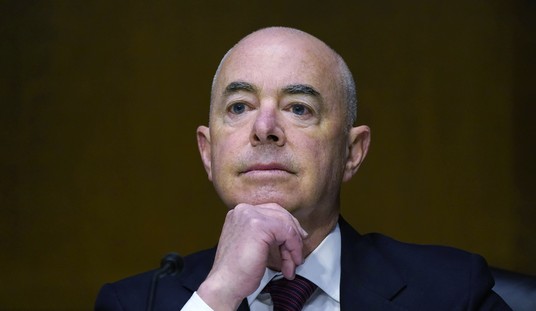
While seemingly overpowered this business is going to the state Supreme Court with its case.
A coffee shop tried to make a small claims case against Facebook regarding a business issue with its store’s web presence, and the response from the social media giant is both curious and potentially carrying ramifications that could help media outlets with issues of censorship. Conservative news sources could benefit, depending on a ruling.
The cafe Teatotallers defines the term ‘’small business’’ in every conceivable fashion. The small coffee house in New Hampshire not only serves its community but hosts a number of social events and works on becoming a fixture in the area. Like many a small operation, Teatotallers relies heavily upon social media to push its brand and stay in contact with its customer base.
That arm of its promotions was severed back in 2018 when the Teatotaller Instagram account was abruptly shut down. Owner Emmitt Soldati was not given a reason for the suspension, and as a result, he lost his following of thousands of people. Looking for answers, as well as a recourse, Soldati combed through the terms on the website and saw he had very little standing, but there was a mention of having one option — taking the issue to small claims court.
Although Teatotallers has reestablished a new account there was a significant loss of business as a result, so Soldati filed a small claims case. Surprisingly Facebook — the owner of Instagram — not only sent its lawyer but fought this case rather vigorously. The company stood not only on its outlined policy but made a more sweeping claim in its defense and its call to have the suit thrown out.
While the suit was dismissed what is interesting was that the company cited a federal law in its brief. Facebook contends that it was protected by the Federal Communications Decency Act. This law essentially shields FaceBook from being sued over content that is placed by the user. Soldati, however, is arguing that he is not encroaching on the area covered by the law.
He had a business contract established with FaceBook, and he contends the company violated that contract when it shut down his account without due reason. His claim is also that FaceBook denied his right to compensation by having the suit tossed, denying him the lone course of action outlined in its own terms of service. The curiosity is that FaceBook seems to be blocking this suit from the standpoint of editorial control.
In a revealing section of the written brief, the company filed with the New Hampshire Supreme Court FaceBook referenced the federal law, declaring that law grants ‘’immunity upon Facebook against claims like [this lawsuit] that seek to hold Facebook liable for the exercise of a traditional editorial function, including the deletion of a user’s content, as numerous courts around the country have uniformly held.”
This language seems to establish that FaceBook is conferred with editorial control over what is placed on its platform. This is a very interesting position for the company to take, because in the past when speaking with Congress, and in other lawsuits, the company has said they are not a publisher, in an effort to sidestep legal responsibility in particular cases.
The stance by the company has long been they are primarily a tech company offering a forum, it is not a publisher responsible for the third-party content that appears on its service. However, in a seeming case of wanting it both ways, FaceBook has regularly stipulated what can appear on its platform. Beyond porn and criminal content, the site has ramped up bans on accounts of individuals and groups.
Numerous conservative outlets have faced mounting challenges in working on the platform. Stories being blocked and headlines being scrubbed for arbitrary standards are a regular battle. These are also the actions a publisher undertakes, something the platform has claimed it is not. Now here it is addressing a small claims case, asserting that it was in its right to take down a web page based on its editorial permissions — as it claims they hold no editorial responsibilities.
Eventually this duality will need to be pinned down in the courts. Until then, FaceBook operates as a company that is both a publisher and a neutral outlet that bears no publishing responsibilities, based on fiat, all depending on the legal challenges it faces at a particular time.















Join the conversation as a VIP Member